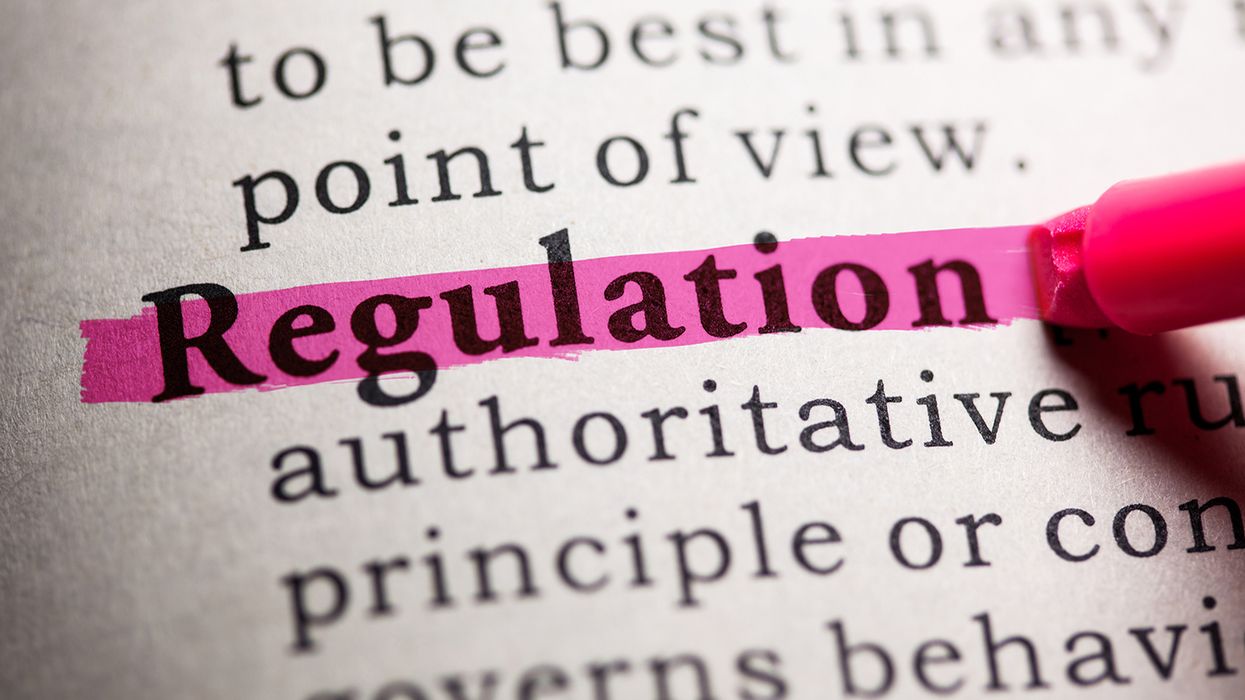How to ease employees’ increased anxiety over student loans
Workplace mental health is a growing concern, and the U.S. Supreme Court recently gave some employees yet another reason to be anxious.
On June 30, the Supreme Court ruled in a 6-3 decision against President Joe Biden’s student debt relief program. The debt relief would have forgiven $10,000 for non-Pell Grant recipients and $20,000 for Pell Grant recipients if they were earning less than $125,000 a year.
What does this mean?
The decision means that borrowers — potentially a segment of your workforce — will need to resume making loan payments soon.
All borrowers with outstanding federal student-loan balances will see interest on those loans resume as of September 1. Payments will be due starting in October, but the Department of Education has said it will not send late or missed payment information to credit agencies for overdue payments until September 2024.
Some of your employees may be among the millions of borrowers affected by this ruling. They could experience increased stress, reduced productivity, and other negative effects, but there are steps a concerned employer can take to help ease the sting.
Boost financial and mental wellness offerings
Employers may want to get out ahead of any problems this news about student loans may cause workers. To do this:
- Talk about it. Review this news with employees and offer to assist anyone affected with their financial planning.
- Address mental health issues. Help affected employees deal with any anxiety they may be experiencing because of the news that their student loans are active again. Remind them about the company’s Employee Assistance Program (EAP) or other services.
- Remind employees of other pending solutions. The debt forgiveness elements that the Supreme Court rejected received more headlines than those that remain. Other options are still in play. This includes the SECURE 2.0 Act of 2022 which permits retirement plan sponsors to match, with contributions to a defined contribution plan, participants’ student loan repayments starting in 2024. (The date sponsors can start providing this benefit will likely be later than January 1, 2024. however, because the IRS and Department of Labor have yet to issue regulatory guidance on this measure.)
- Offer financial education. Whether or not they have outstanding student loans, many employees need help with money management skills, like budgeting and saving. Providing financial wellness classes and tools can be an affordable way for employees to maximize earnings and pay off debt.
- Provide more training. In tough economic times, career development, coaching, and job skills training can help employees move into higher paying roles within the company.
What about student loan repayment as a benefit?
There are approximately 43 million people in the U.S. with federal student loan debt, and some are looking to which employers will help them pay it off. Offering such a benefit could be an effective recruiting tool for employers.
About 8 percent of employers in the U.S. offer a student loan repayment program as a benefit, according to a survey from the Society for Human Resource Management. With student loan payments set to resume in October, this could become a more common perk.
Key to remember: The Supreme Court recently ruled against the president’s student debt relief program, meaning that borrowers will need to resume loan payments soon. This could be a source of stress for employees, and employers may want to help them with their financial and mental wellness.



















































